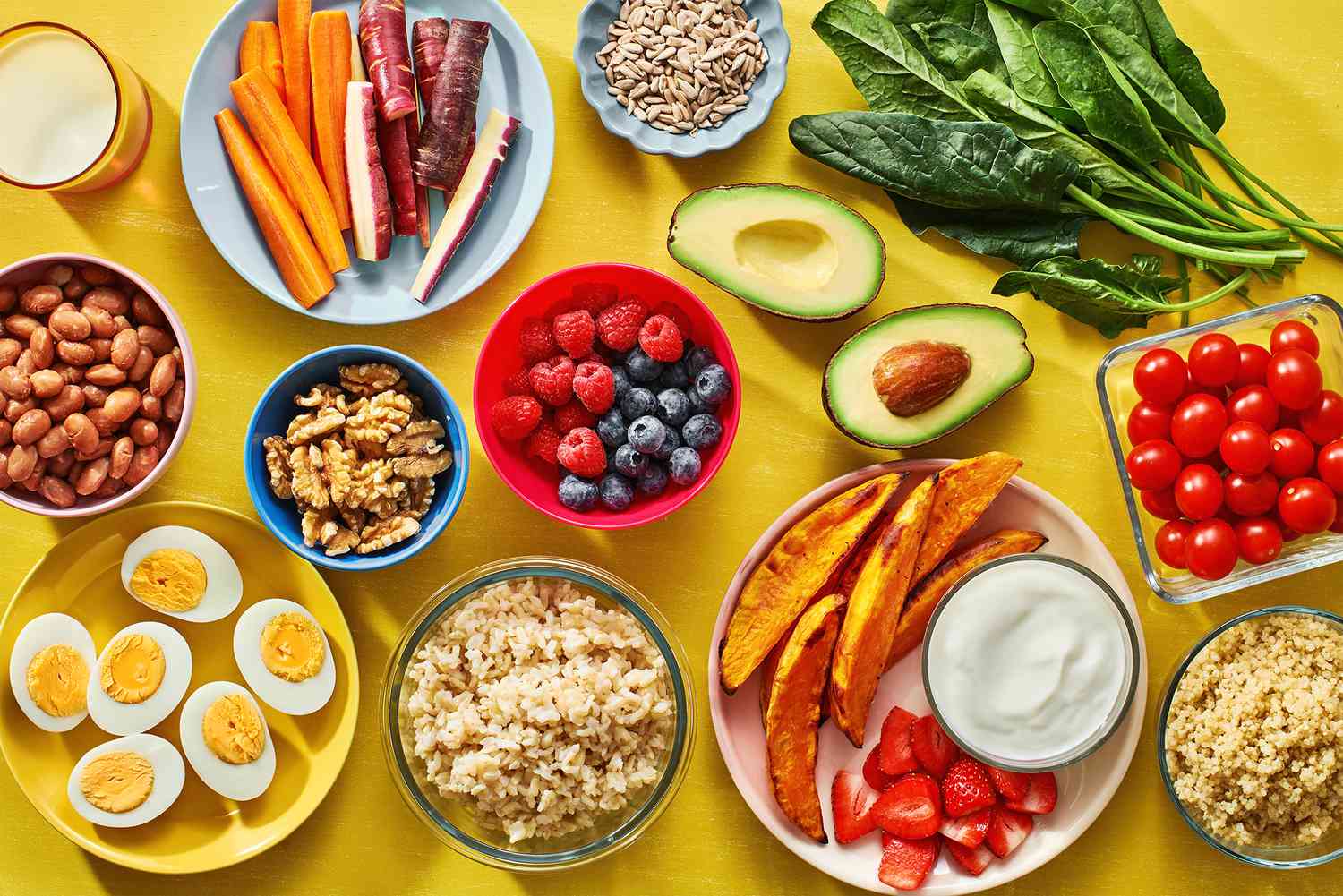How to Ensure Your Children Eat Right and Stay Healthy
As a parent, you want the best for your children, and that includes ensuring they eat right and stay healthy. Good nutrition is essential for their growth and development, and it can set the stage for a lifetime of good health. Here are some tips to help you make sure your children are eating right and staying healthy:
1. Set a Good Example
Children learn by example, so it’s important for you to set a good example when it comes to eating right. Make sure to eat a variety of healthy foods, and show your children that you enjoy them. This will help them develop healthy eating habits that will last a lifetime.
2. Serve Nutritious Meals
Make sure to serve balanced meals that include a variety of foods from all the food groups. Include plenty of fruits, vegetables, whole grains, and lean proteins in your children’s meals. Limit the amount of processed foods, sugary snacks, and sweetened beverages they consume.
3. Get Creative with Fruits and Vegetables
Children can be picky eaters, but there are ways to make fruits and vegetables more appealing to them. Try cutting them into fun shapes, serving them with a tasty dip, or incorporating them into smoothies and homemade popsicles. The key is to make healthy foods fun and exciting for your children.
4. Limit Screen Time
Encourage your children to be physically active by limiting their screen time. Set reasonable limits on the amount of time they spend watching TV, playing video games, and using electronic devices. Encourage them to spend more time playing outside and being active.
5. Involve Your Children in Meal Planning and Preparation
Get your children involved in meal planning and preparation. Take them grocery shopping with you and let them choose fruits, vegetables, and other healthy foods. Involving them in the cooking process can make them more excited about trying new foods and can help them develop important life skills.
6. Be Mindful of Portion Sizes
It’s important to be mindful of portion sizes when serving meals and snacks to your children. Pay attention to their hunger and fullness cues, and avoid pressuring them to clean their plates. Teaching them to listen to their bodies and eat until they are satisfied can help prevent overeating and promote a healthy relationship with food.
7. Encourage Hydration
Make sure your children are staying hydrated by encouraging them to drink plenty of water throughout the day. Limit their intake of sugary drinks and juices, and make water the go-to beverage for quenching their thirst.
8. Seek Professional Guidance When Needed
If you have concerns about your children’s eating habits or nutritional needs, don’t hesitate to seek professional guidance. A registered dietitian or a pediatrician can provide personalized recommendations and support to help ensure your children are getting the nutrients they need for optimal growth and development.
By following these tips and making healthy eating a priority in your household, you can help ensure that your children eat right and stay healthy. Remember, the habits they develop now can have a lasting impact on their health and well-being in the future.











